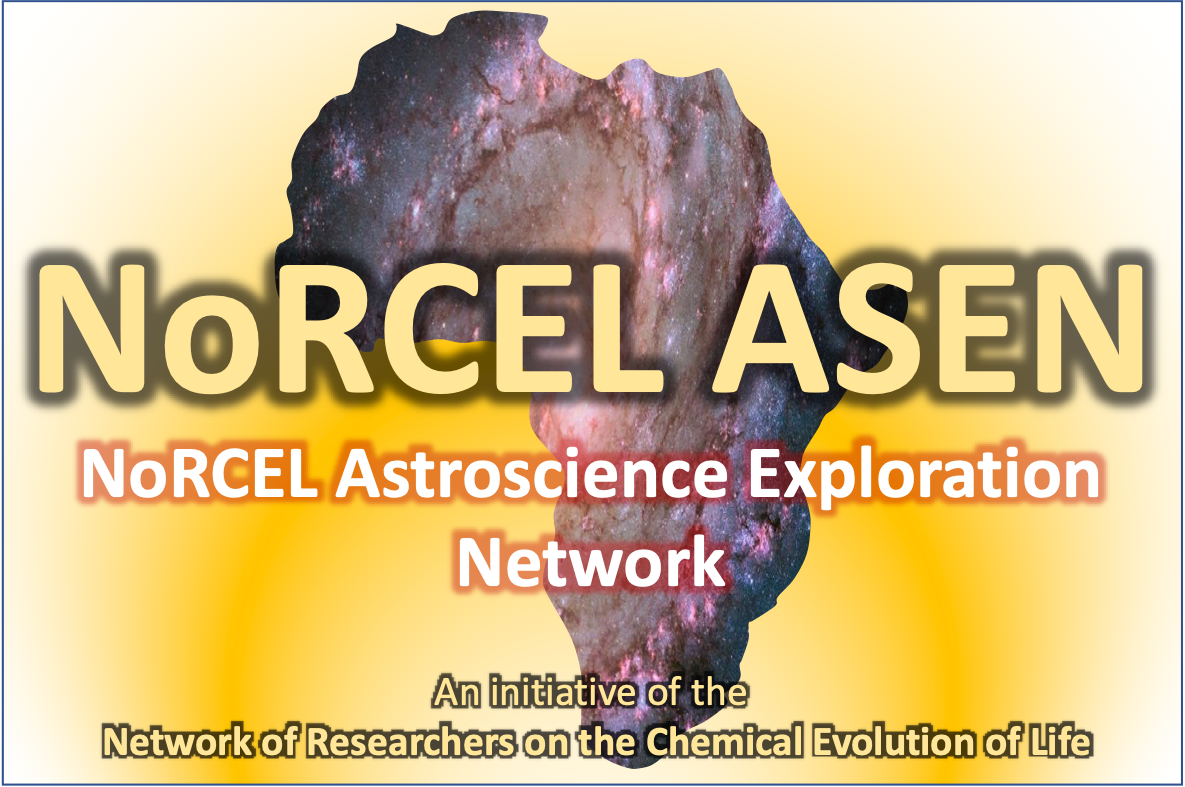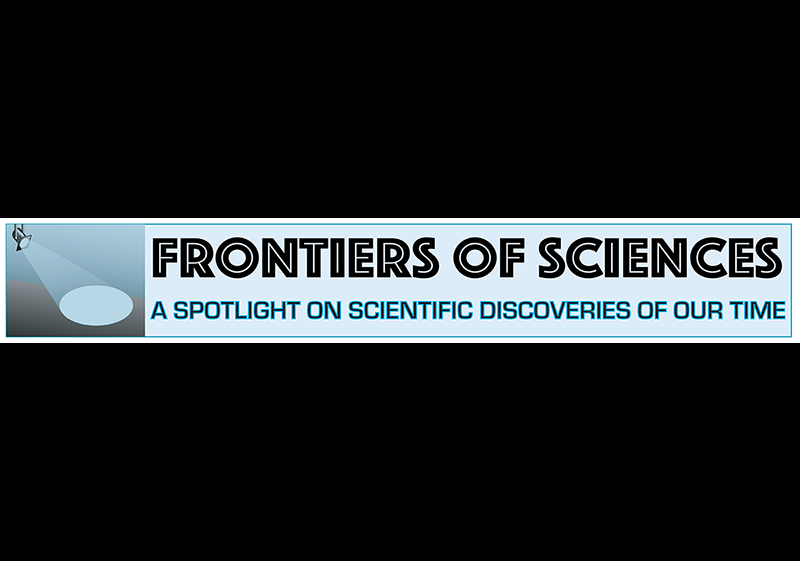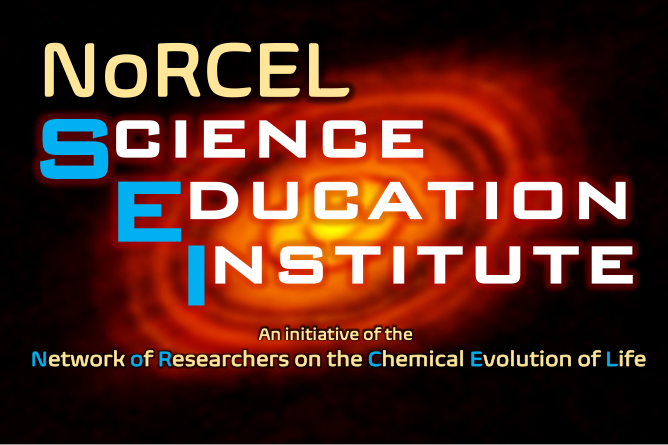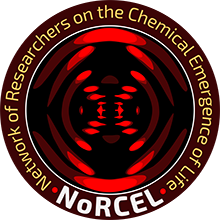NEW NoRCEL EVENT

The Network of Researchers on the Chemical Emergence of Life (NoRCEL) is an interdisciplinary collaborative network focused on understanding the origins, emergence and evolution of life from a chemical perspective. Founded by Sohan Jheeta, NoRCEL’s primary aim is to bring together scientists from various disciplines to investigate one of the most fundamental questions in science: how life began. We have now evolved into a truly global network of scientists, researchers, students and lay people coming together to work to investigate and fathom some of the most multi-faceted aspects of – and elusive challenges facing the scientific world. This has led to our more recent missions into exploring global issues, as with our Blue Earth project, as well as developing educational tools in our endeavour to enable wider access to the field of astroscience, especially in the Global South.
Become a member of NoRCEL !
NoRCEL has been established with the aim of kick-starting a debate amongst those practitioners who are directly involved in the theoretical aspects and experimental studies pertaining to the origin of life, and those scientists who traditionally work in other fields. We encourage you to join the network and come together at our meetings in order to air, share and debate their ideas under one roof. It is our fervent desire that our regular conferences, reports and published papers will assist in expediting a better understanding of the origin of life on the Earth.


































































